
Belgian Prime Minister Bart De Wever demanded "maximum legal certainty" before using Russian assets.
"I want maximum legal certainty and solidarity," said Belgian Prime Minister Bart De Wever regarding the proposal to use frozen Russian assets.
Belgian Prime Minister Bart De Wever urged the European Commission and EU countries to provide clear answers and reliable guarantees before using frozen Russian assets to provide a "reparations loan" to Ukraine amounting to 140 billion euros.
"I want maximum legal certainty. I want solidarity. And I want transparency regarding the situation in other countries," De Wever said at a press conference on Thursday, held in the corridors of the European summit in Copenhagen.
"I don’t think this is an unreasonable position," noted the Belgian Prime Minister.
The proposal, developed by the European Commission, has come under scrutiny in Belgium: the country is home to Euroclear, the central securities depository that holds most of the Russian Central Bank's assets frozen by Western allies in the early days of the war in Ukraine.
According to the scheme, which is still under discussion, Euroclear will transfer the remaining cash to the European Commission. It will then provide Ukraine with a loan of 140 billion euros, which will be paid out gradually, over a specified period and under specific conditions.
ADVERTISING
Ukraine will be offered to repay the loan only after Russia agrees to compensate for the damages caused. Hence the term "reparations loan." After that, the European Commission will return the funds to Euroclear, and Euroclear to Russia.
Given that the Kremlin is unlikely to provide reparations, in practice this plan could be seen as the confiscation of sovereign assets, which is illegal under international law.
"No one at the table, including myself, wants this money to be returned to Vladimir Putin. No one," De Wever told reporters.
In his speeches, the Prime Minister has repeatedly referred to Russian assets as "the chicken" and their superprofits as "the eggs." So far, the EU has only used the income to bolster support for Ukraine, leaving the actual money untouched.
According to the new plan, the EU has decided to go further and use these funds, potentially depriving Kyiv and its allies of a powerful lever at the negotiating table.
"The question now is, can we eat the chicken?" De Wever asked. "The first problem, of course, is that by eating the chicken, you lose the golden eggs. That needs to be taken into account."
At the same time, the Prime Minister acknowledged that it is necessary to increase support for Kyiv following a change in U.S. policy. President Donald Trump often refers to the Russian invasion as an exclusively European problem.
According to some estimates, Kyiv will need 60 billion euros in 2026-27 to cover its budget deficit and another similar amount for purchasing weapons and ammunition.
"We have acute problems. If Europe has to pay, and only Europe, for Ukrainians and the war, we will need a lot of money," De Wever said.
ADVERTISING
"I understand the appetite with which we would like to eat the chicken right now," added the head of the Belgian government.
According to De Wever, a "coalition of the willing," led by France and the UK, could soon turn into a "coalition of the paying" after Washington's withdrawal.
De Wever's Six Points
In his speech on Thursday, De Wever outlined six points he would like to clarify before moving forward with the "reparations loan."
- The conduct of arbitration proceedings initiated by Russia
- The necessity of ensuring full compliance with international law
- The distribution of risks among countries
- The protection of the euro as a reserve currency
- The use of Russian assets located outside Belgium
- The future of the G7 loan based on the receipt of superprofits.
"We are ready and can move forward. That is not the problem. But I want answers to all the questions," emphasized De Wever.
The Prime Minister placed special emphasis on the mutual distribution of risks so that Belgium, a country with a population of 11 million and a GDP of 664 billion euros, does not stand alone.
Germany, France, the Baltic states, and Northern European countries have already approved the new scheme.
"We are entering uncharted waters and risk bearing responsibility. This will lead us to legal disputes for many, many years. Therefore, each country must proportionately provide its guarantees in case something goes wrong," he said.
"What we are about to do is risky. I want everyone to be aware of this. I need a signature: we are in the same boat with you, whatever it costs, wherever it sails, and whatever it encounters," De Wever concluded.
The Kremlin Warned It Would Take Retaliatory Measures
His comments came after the Russian president signed a decree accelerating the nationalization and sale of foreign companies' assets in Russia.
"This is about plans for the illegal seizure of Russian property, in plain Russian - theft," responded press secretary Dmitry Peskov earlier to the idea of the "reparations loan," adding that "those involved will be prosecuted one way or another, they will all be held accountable, not only individuals but also the countries that make such decisions."
On Wednesday, Commission President Ursula von der Leyen attempted to allay concerns, stating: "It is absolutely clear that Belgium cannot be the only state bearing risks. These risks must be borne on broader shoulders."
European Commission representatives say that the preferred option would be to use the EU budget as a final guarantee, but this would require unanimity from all 27 capitals.
De Wever openly admitted that at most he is counting on the support of 25 countries, clearly hinting that Hungary and Slovakia, critics of the bloc's policy towards Ukraine, would not support the initiative.
The Prime Minister is also frustrated by the fact that the "reparations loan" will be based solely on the money held in Euroclear, despite the fact that Russian sovereign assets have been frozen, albeit to a lesser extent, by other allies - the UK, Switzerland, the US, and Japan.
"Let’s eat all the chickens, not just mine," De Wever said. "Mine is big, but there are several others, if I understand correctly."
Commenting on the Belgian Prime Minister's words, a European Commission representative said that the proposal is still under development and feedback from politicians will be taken into account.
"We are open to such discussions in the context of G7 meetings," the representative said. "What other participants will do is their decision."

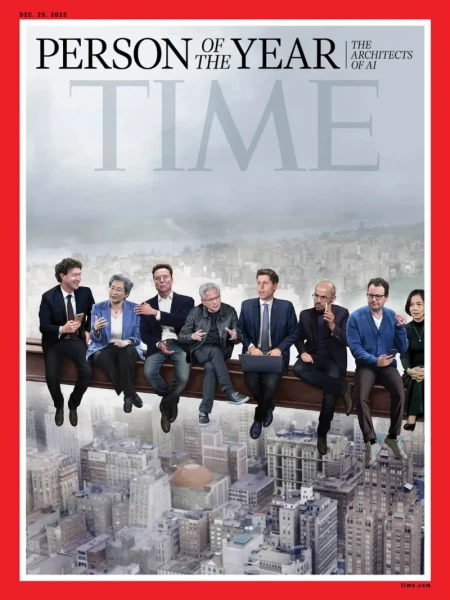
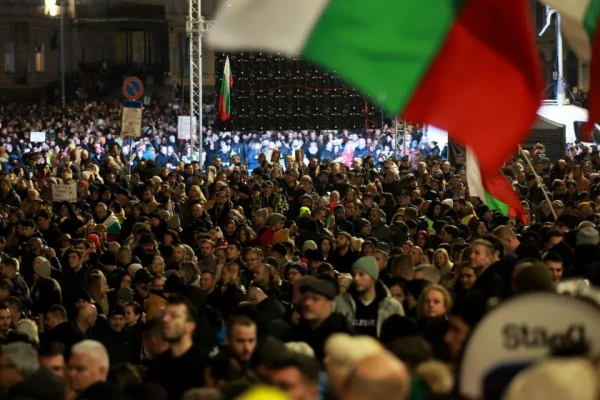

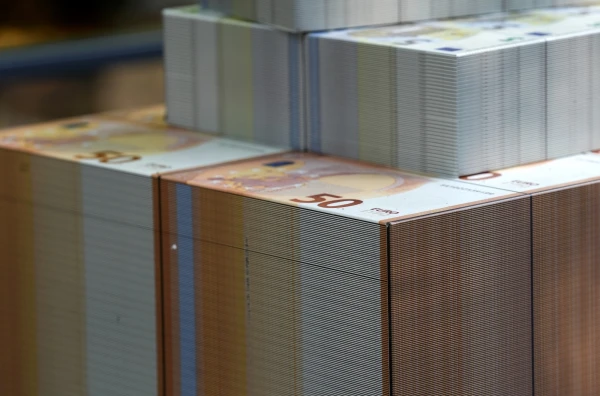

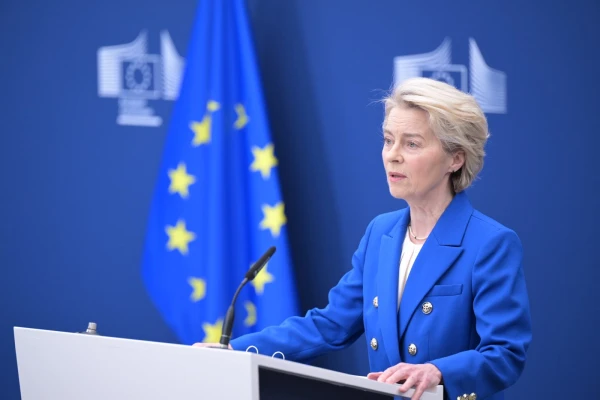
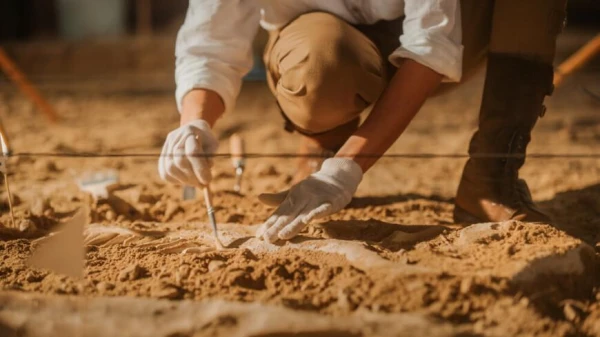

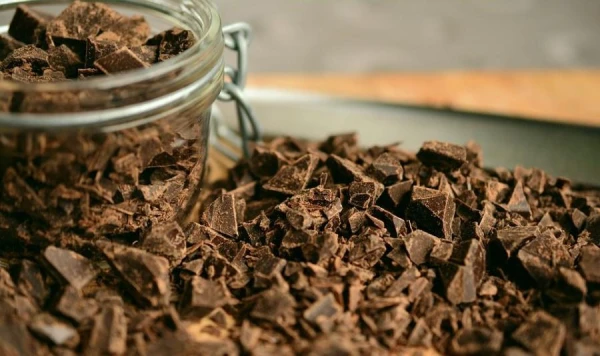



Leave a comment